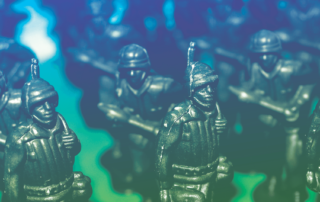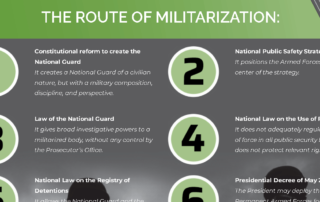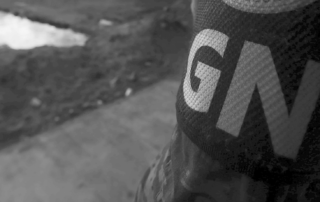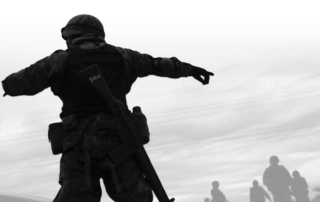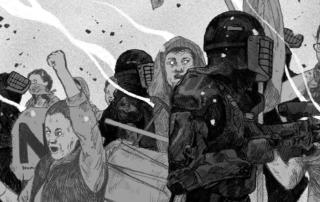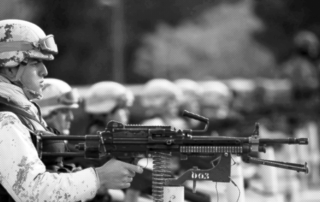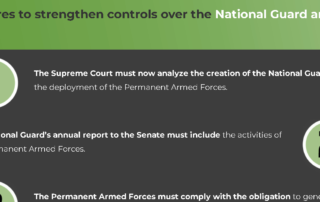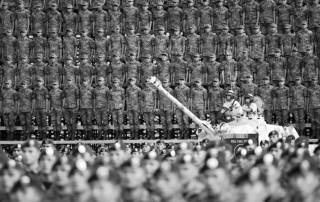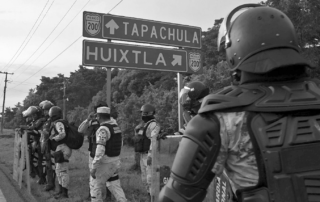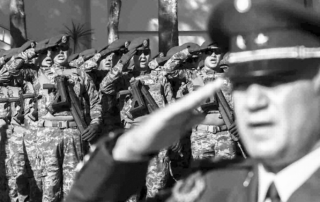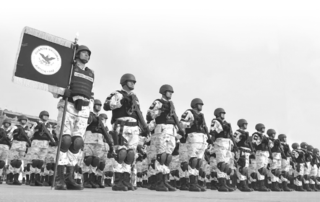A blow to the opacity of the National Guard
On September 1, the INAI issued the resolution of Appeal for Review No. 6771/21 –interposed by Centro Prodh– through which it ordered the National Guard to prepare and deliver the public versions of all the detailed reports on the use of force generated by its elements since the creation of the force.
According to the records, from its creation until March 10, 2021, the National Guard used force in 161 events. In all of these, firearms were used and –according to the determination of its own Internal Control Body– there was no excess of force used in any of them.
On March 10, Centro Prodh submitted a request for access to information to uncover the number of cases and public versions of the detailed reports on the use of force generated by elements of the National Guard, who have the obligation to present a report to their immediate superior each time they use force in fulfillment of their tasks. This obligation was conceived, above all, as a means of control to prevent human rights abuses and violations and not only as an internal administrative record.
In response, the National Guard classified everything related to the detailed reports as reserved information for a period of five years, basing this decision on an alleged impact on the proper investigation of crimes and equating the requested reports to Approved Police Reports (IPH). This decision leaves society with no way to verify whether the elements of the National Guard actually use force in a rational and proportional manner. For this reason, we filed appeal for review RRA 6771/21 with the INAI.
Before issuing a resolution, the INAI granted the National Guard a hearing to show some of these reports, thereby confirming their existence. The INAI also carried out a diligence inside the National Guard facilities to verify that the detailed reports and the Approved Police Report are different documents and that these reports are found in each of the files of the officers involved in events of use of force. This showed that the refusal of the National Guard is due to an effort to keep its actions obscure and not to considerations of another nature.
On September 1st, the INAI issued a resolution considering that public versions of the reports should be prepared and gave the National Guard a period of twenty working days to comply with it. The INAI indicated to the National Guard how to prepare these public versions, indicating what information can be classified as reserved and which should be included in the documents.
Unfortunately, the response from the National Guard has been negative. Insisting that the aforementioned reports and the IPH are the same, it has dedicated itself to introducing administrative and unsubstantial obstacles to evade compliance with its obligations.
This reveals its intention to keep in the dark essential information that would allow true citizen control to be exercised over the use of force by its elements.

